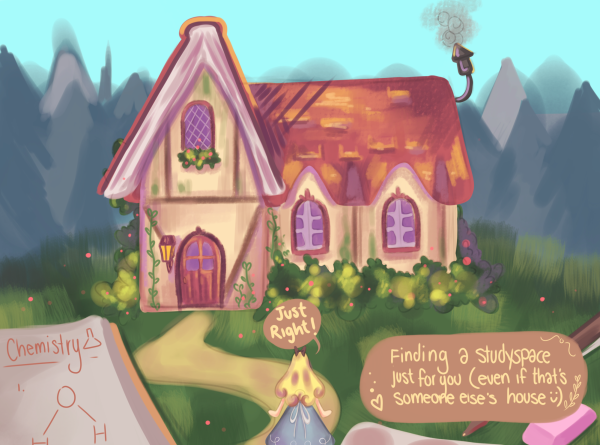OPINION: Controversy Turned Curiosity: Potential New Courses Provide Students with Powerful Knowledge
The recent surge in controversy over the Advanced Placement African American Studies course may encourage more students to explore truth while continuing their individualized educational paths — and the staff in the Rock Ridge social science department are pleased to offer a course that allows for students to do just that.
Michelle Menna, Department Chair of Social Sciences, is eager for students to respond to the controversy over Advanced Placement (AP) African American Studies curriculum by enrolling in courses to engage in further discussion. “I don’t understand why we are afraid of telling the truth. I think that would be the responsibility of these [AP history] classes that we ask kids essentially to pay to take — that they should have that opportunity [to seek truth],” Menna said.
March 29, 2023
A Plea to ‘Protect’
School board meeting rooms, facebook pages, and the walls of politician’s offices: these places amplified the echoes of parents crying wolf about suspected lessons that encouraged topics that made them uncomfortable. While in the thick of the pandemic, many of us watched headlines flash across our television screens showing school boards and departments of education being challenged by groups of overly involved parents concerned about the presence of ”Critical Race Theory” in their child’s curriculum. These parents worked tirelessly on a national and local scale to get their voices heard. They are parents of mostly elementary and middle school aged children, the same children whose knowledge, let alone understanding, of American history and society is quite slim.
To some, these parents’ voices were deafening, never ending, and unfounded. The input of individuals who aren’t in the position of obtaining education anymore have recently resurfaced. Individuals such as Florida Governor Ron DeSantis’ constituents who voted to keep him in office so he could continue his crusade on banishing anything they deem as flagrant, including school courses and the concepts they teach.
Denouncing a Debut
The College Board, which qualifies as a nonprofit, contributes to the public by creating and facilitating Advanced Placement (AP) courses and exams, along with other standardized tests like the SAT. One of the pilot AP courses that College Board debuted at the start of February 2023 was AP African American Studies, a course with a framework that guides students in understanding African American history through the exploration of the African American experience in the past and present. This course took over 10 years to form with the assistance of various educators at both the high school and college levels. The course was called into question by the Florida Department of Education (FDOE) prematurely, before the official release of the courses’ framework. DeSantis wants to strike down and ultimately censor the course because he believes that it is inconsistent with Florida’s written laws.
There is discrepancy about how and when a said revision occurred as a result of DeSantis’ comments. The College Board responded to this condemnation made by DeSantis by issuing a statement on Feb. 8. This was issued directly in response to a letter sent by the FDOE about their critiques of the course. In this statement, the College Board debunks any claims of revision as a result of the FDOE’s critiques. College Board claims that their AP courses rely on “facts and evidence…[that] never mandate a definitive single view of contemporary events,” College Board Communications Office of Articulation said in their direct response to the FDOE.
DeSantis’ effort to reject the framework of AP African American Studies overlooks the actual goals of the College Board in piloting this course. Real work went into crafting this course and this back and forth with the FDOE averts the attention of the public from the importance of the class to a persisting political battle within education.
Within the Walls
The demographic that is most disadvantaged by this controversy is the actual people in attendance in schools: teachers and students. The assumption that teachers are malicious and are aiming to get their students to agree to the concepts taught in class is outright foolish. What teachers really seek out is portraying truth to students and allowing them to draw their own conclusions.
Opportunities to advance truth telling when teaching our country’s history have been furthered here in Virginia. In the past few school years, the Virginia Department of Education (VDOE) tried its hand in piloting an African American Studies Class, separate from the AP iteration. The virtual version of the course was made available, by the VDOE, during the 2020-2021 school year. The following school year, the in-person course took form in all school districts in the state.
A Fight to Take Flight
Rock Ridge has offered the in-person class in the past, with the facilitation of Social Science Department Chair Michelle Menna and Principal John Duellman. Though it was offered, the course has not yet been picked up because of a lack of enrollment among students. But things are changing, as interest has peaked among some students.
Mentions of the AP African American Studies controversy has struck a chord within students as they begin to select electives for next school year. “Not [our]course specifically, but courses like this have been in the news, which helps to generate some interest,” Menna said. “I think from a student perspective, it seems like there has been some more talk about it,” Menna said. She sees this class as an excellent opportunity for students to broaden their knowledge. “The more we can expand our offerings, and give students a chance to delve deeper into a specific topic rather than these broad survey courses that we offer, I think that is a good thing,” Menna said.
The candidate to potentially teach the class at Rock Ridge is history teacher Justin Brown. If he were to teach the class, he wants to be the one to push students to seek out information, and explore truths beyond what they may already know. Through “research, discussion, and discovery,” Brown said that he wants to challenge students by “asking uncomfortable questions and looking at an uncomfortable history.”
If numbers of enrolled students meet the required amounts, Rock Ridge would join the other 12 high schools that offer African American Studies in Loudoun County. Former Rock Ridge teacher Rhapsody Barbrow now teaches history and African American Studies at Lightridge, one of those 12 schools. Given the opportunity to teach this course has sparked gratitude within Barbrow. “This course has so much information to offer to all students. Because it’s an elective, it covers the same information in US History. Still, it has the ability to delve into topics with the historical lens of the contributions of African Americans to the United States,” Barbrow said.
What is at the forefront of these teachers’ minds is the importance of offering a class of this sort; one that accounts for a more comprehensive and far reaching explanation of African American history, outside of the restrictions of the United States History curriculum. It is invaluable to have educators within the building that are hyper-aware of the importance of portraying a truthful history to students. Black History education should be able to exist and thrive outside of the bounds of the singular month of February. With a class like this, students aren’t forced to pick through the recycled narratives of the very familiar black pioneers. They can expand on their baseline understanding and build upon it, hopefully building perspective for their prospective futures.
Students anywhere should never be denied the opportunity to explore the truth because of politics. Political agendas have no place within the walls of a school building, especially if that agenda aims at safeguarding truths that are yes, uncomfortable, but more importantly, essential in empowering people with the fruitfulness of cognizance.

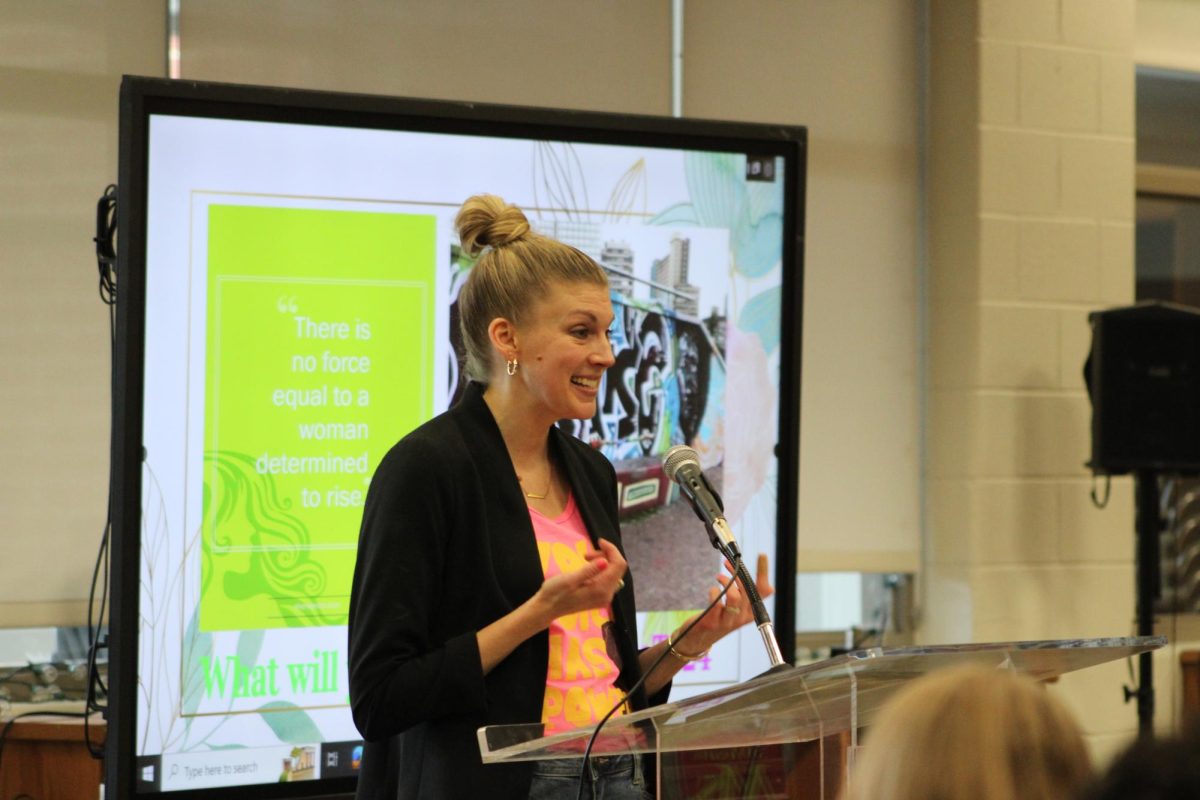
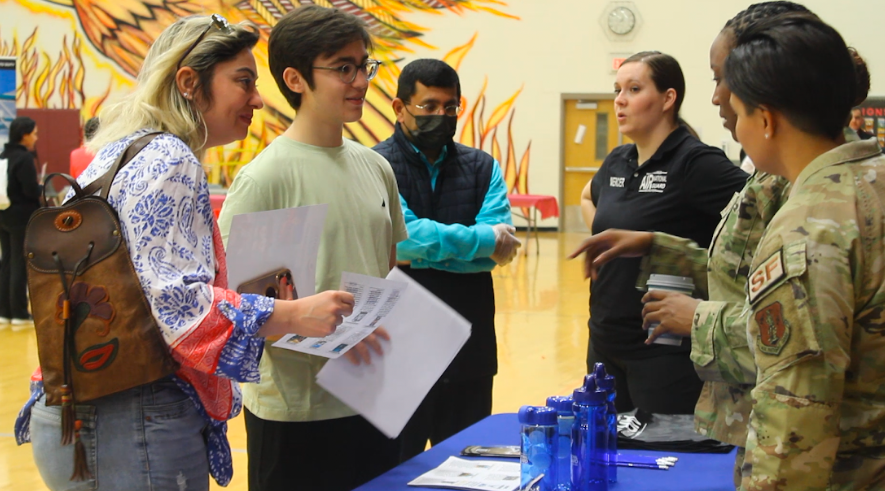
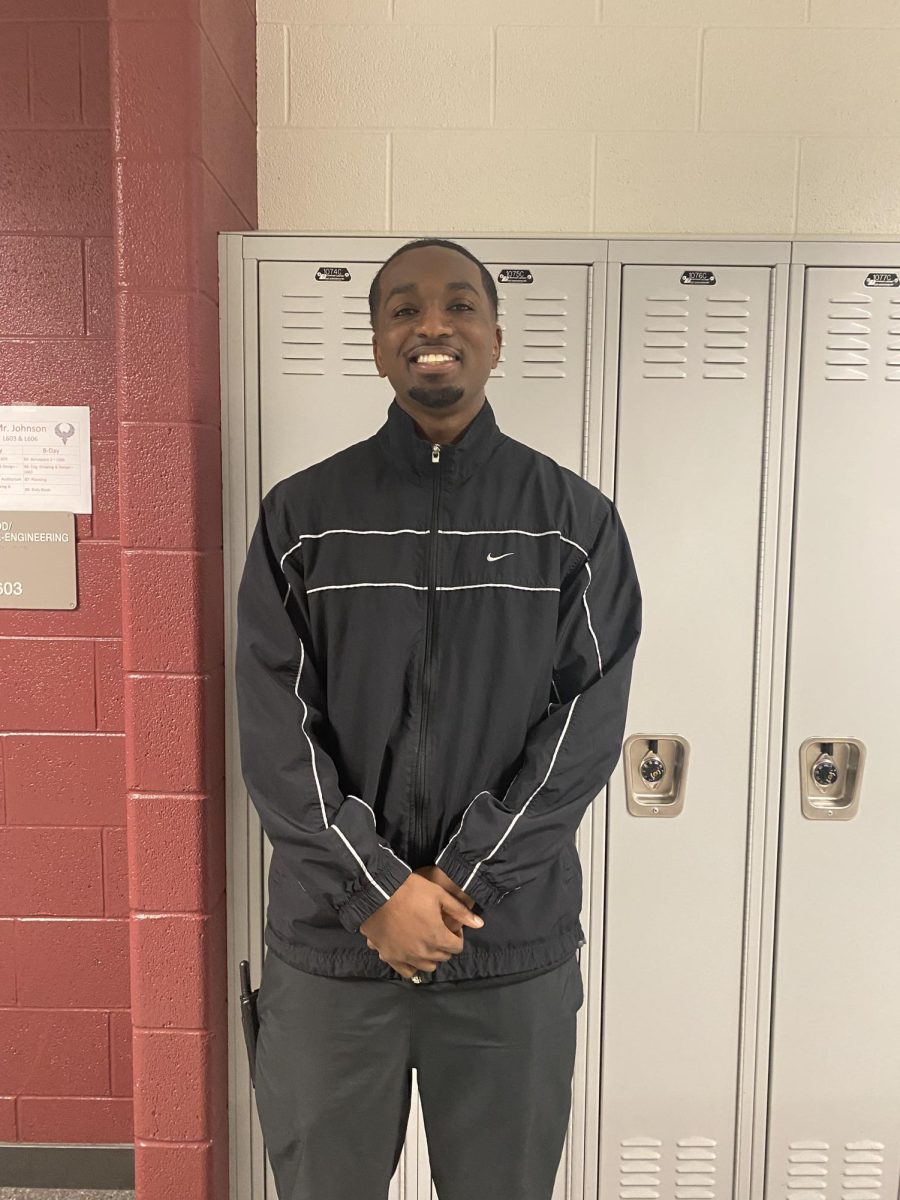
![Standing center stage, senior Ananya Akula conducts the Phoenix Chorale. “[Conducting and teaching] is really fun,” Akula said. “Music education is what I want to do.” On the day of the choir assessment, Akula found out that she received the President’s Music Scholarship – a full ride to the University of Miami Frost School of Music.](https://theblazerrhs.com/wp-content/uploads/2024/04/ananya-1200x800.jpg)
![Senior Fatima Qaderi grew into the person she wanted to become when she was younger and continues to work towards growing more confident in using her voice when it matters. “I didnt get treated the way I wanted to be treated, and I realized that it wasnt just them treating me the wrong way, it was me treating me the wrong way,” Qaderi said. “I forced them to like to look at me in a way where Im someone who needs to be respected; they cant just disregard me, they cant just look over me because I have a different opinion, because Im a woman, because Im Afghan, because Im Muslim, or whatever. It just took going through different experiences to figure out how [I wanted to] be heard.” Photo courtesy of Fatima Qaderi.](https://theblazerrhs.com/wp-content/uploads/2024/04/IMG_3870.jpeg)



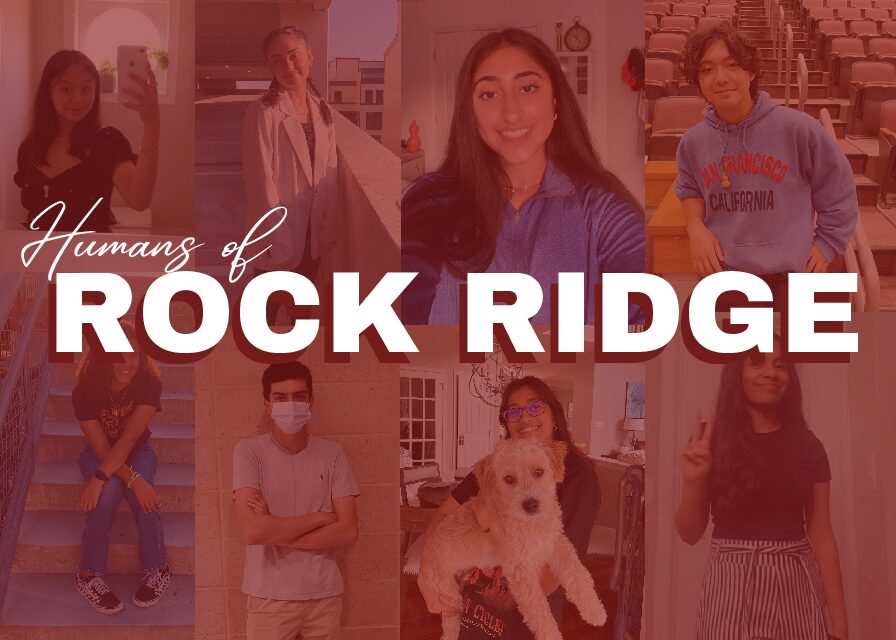
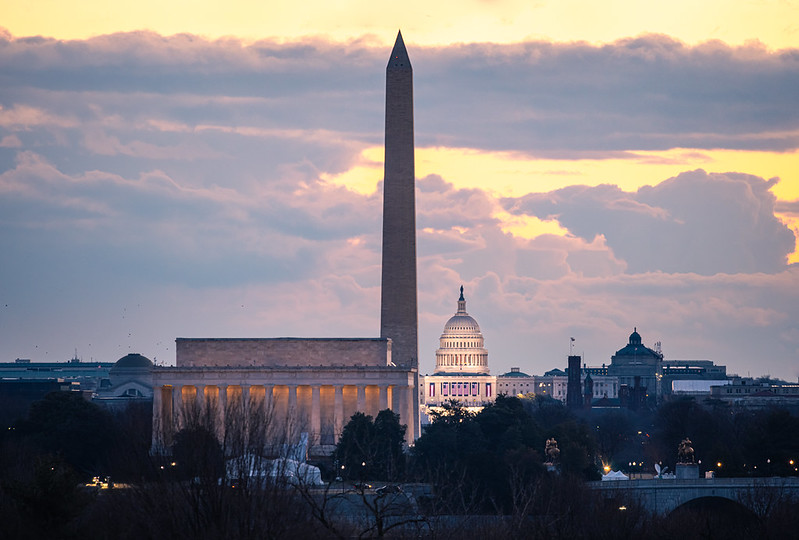
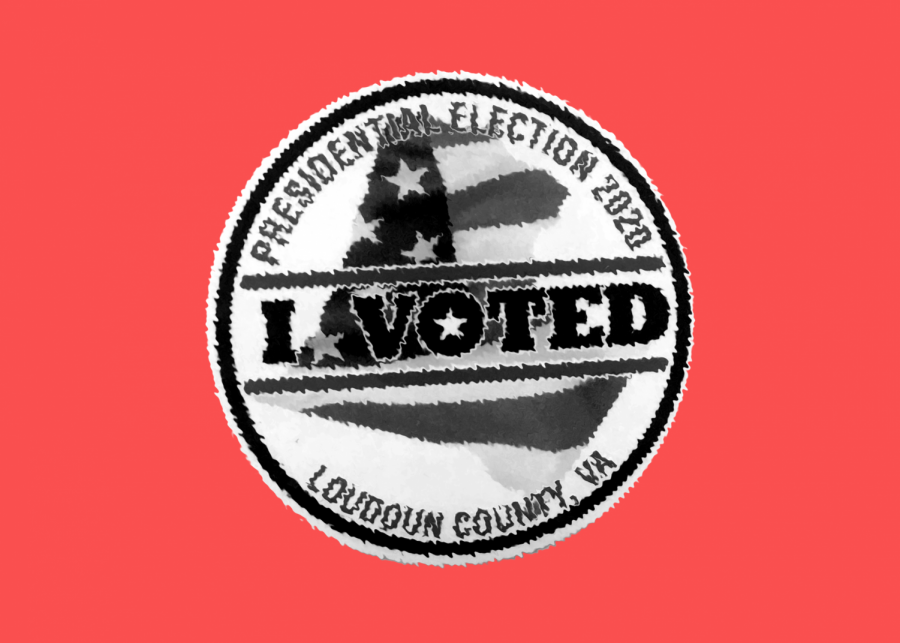
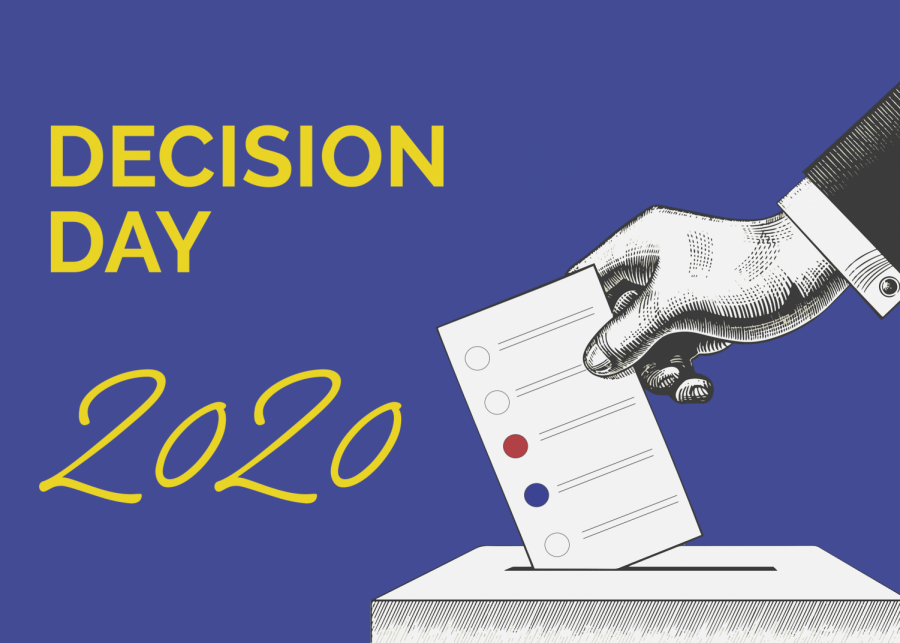



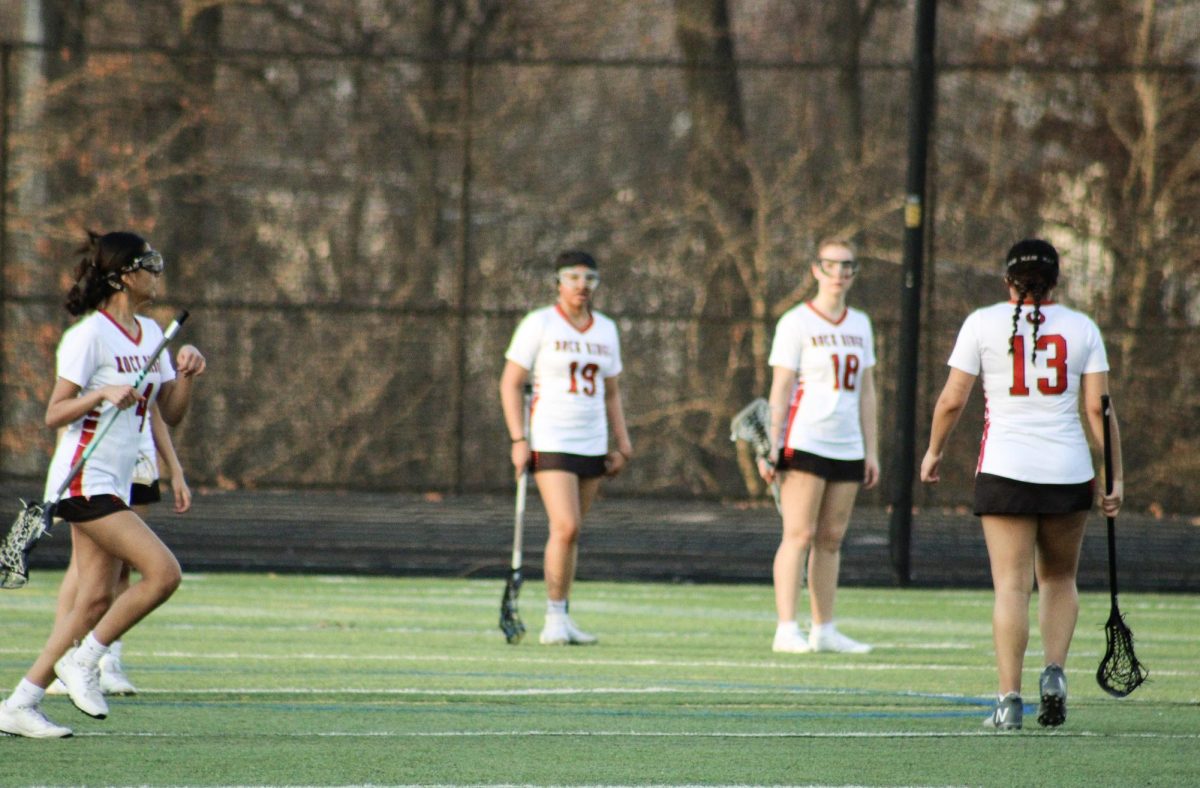

![With the energy and effort the Bolts were bringing to the game, the Phoenix had to step up and match them to make it through their first game of the season. Many of the girls on the team, including freshman Nazly Rostom, have been playing soccer since their childhood and have grown a love for the sport as a result. “It was fun to see how we actually played in a [real] game,” Rostom said. “Even though the outcome was not what we were hoping for, I’m still happy we got to play together.”](https://theblazerrhs.com/wp-content/uploads/2024/04/DSC_0154-1200x800.jpg)


![Held up by a group of cheerleaders, flyer sophomore Leyu Yonas poses as part of a stunt, also supported by flyer junior Shayne Mitchell behind her. (Left) Prior to the pink out football game on Oct. 13, the athletes practiced in the aux gym from 5 p.m. to 6:30 p.m. (Right) On Oct. 19, the cheerleaders competed in their District Championships at Woodgrove High School. “We definitely put all our effort on the mat [at Districts], and it showed,” Mitchell said. Left: Photo by Nadia Shirr. Right: Photo by Steve Prakope via Victor O’Neill Studios.](https://theblazerrhs.com/wp-content/uploads/2023/11/feature-image-1200x823.png)
![Sophomore Xavier Smith (6), the Phoenix quarterback, runs the ball as his teammates help hold up the defense. “My [offensive] line collapses, so I just [have to run], and its a good way to get first downs because [Tuscarora’s] defense was really good,” Smith said.](https://theblazerrhs.com/wp-content/uploads/2023/11/IMG_5383-1200x897.jpg)
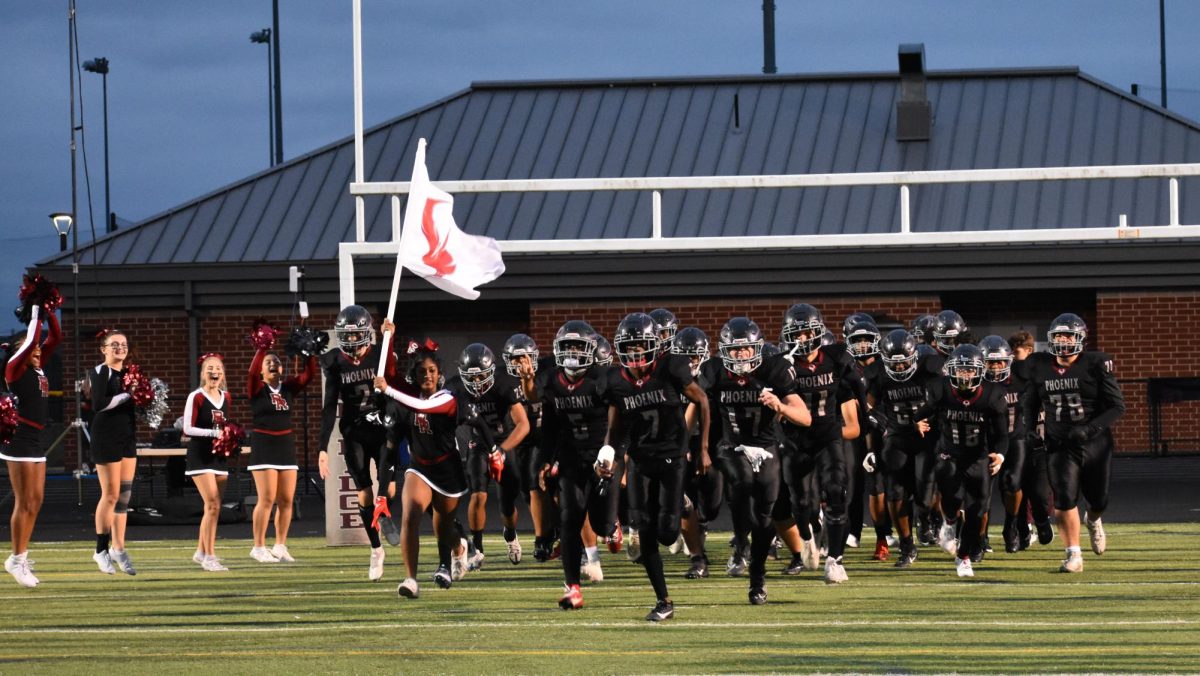

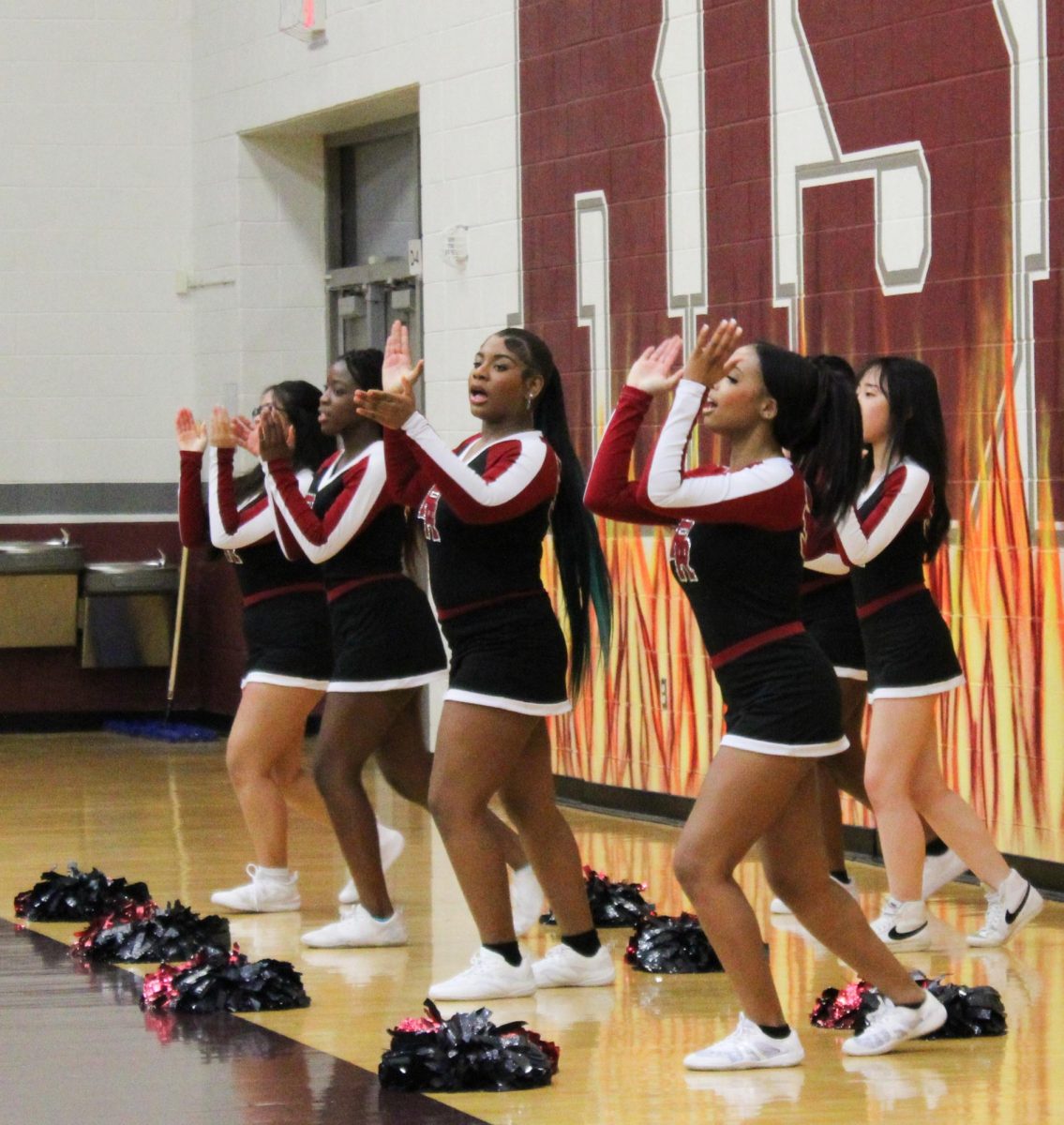
![As the referee throws the ball up for the tip-off, freshman Simone Diby leaps towards the ball to get it in Phoenix possession. Diby is a new member of the Phoenix girls basketball team, and despite it being a change, she finds it enjoyable. “It’s definitely a different experience if you’ve never played on a team, [but] I think it’s still fun.”](https://theblazerrhs.com/wp-content/uploads/2024/03/DSC_0057-1200x662.jpg)

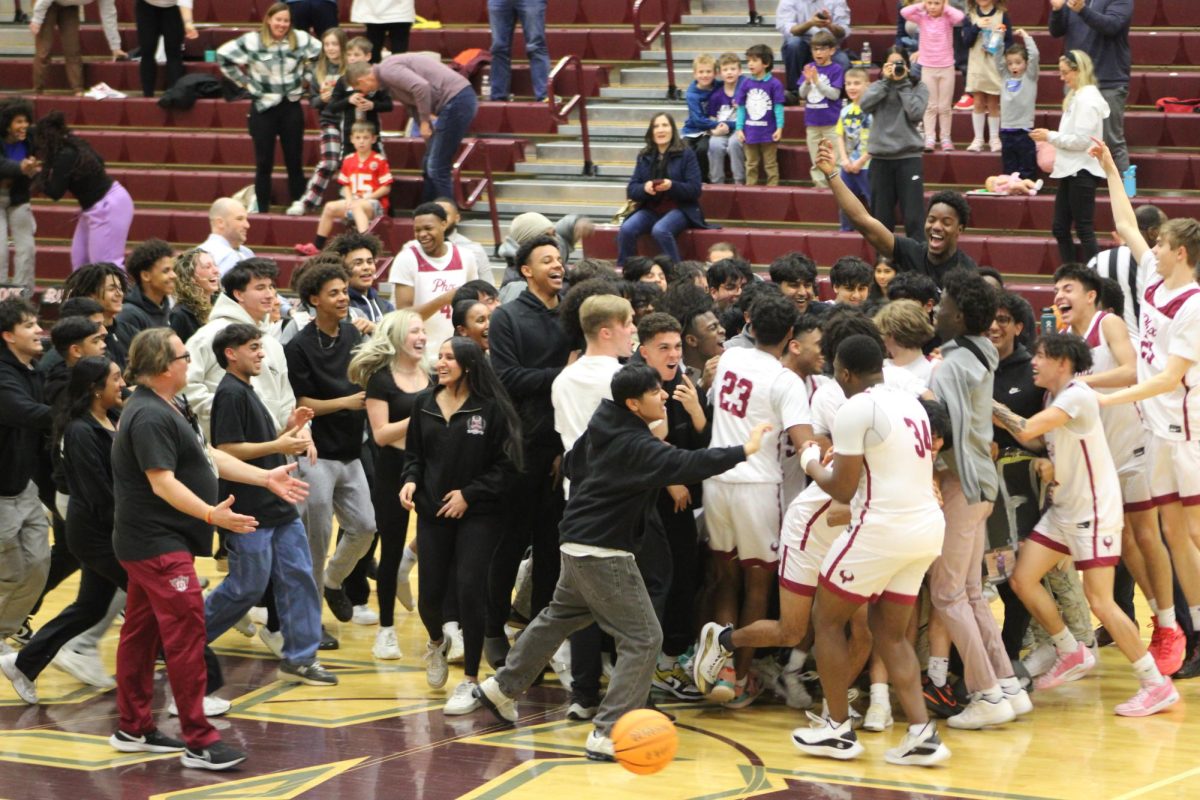
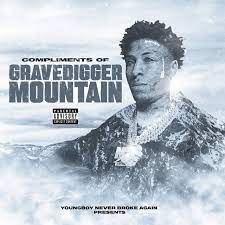




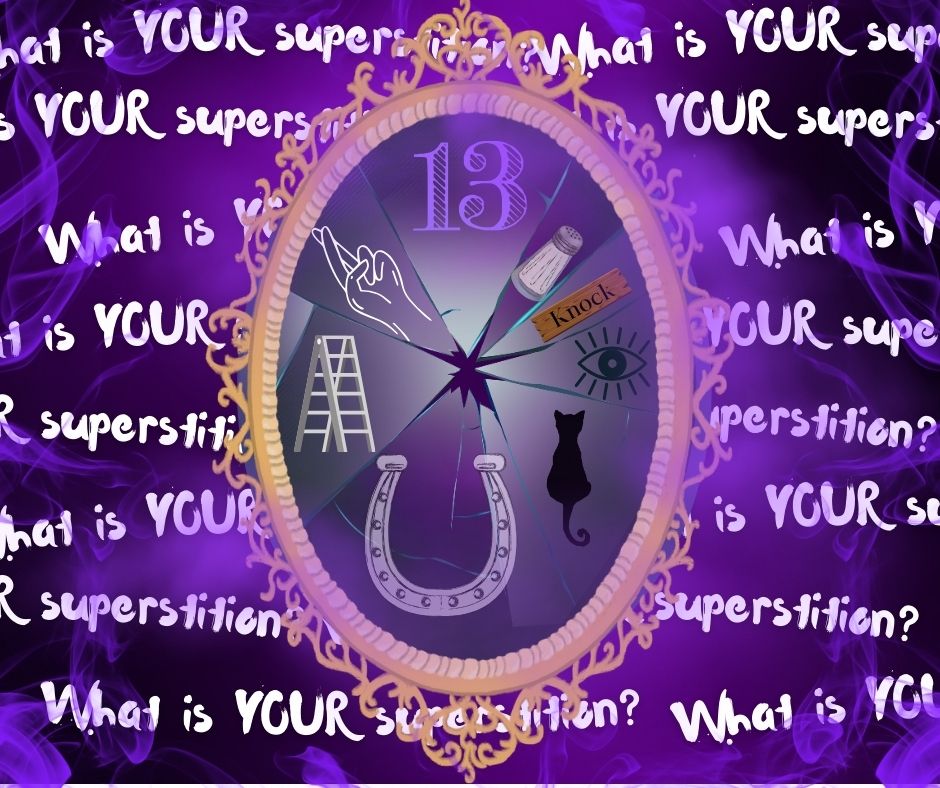




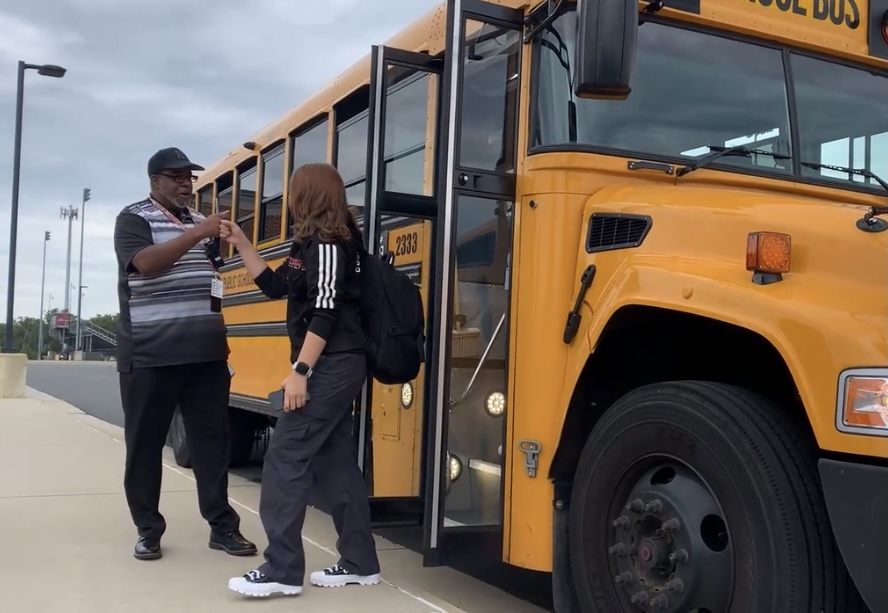

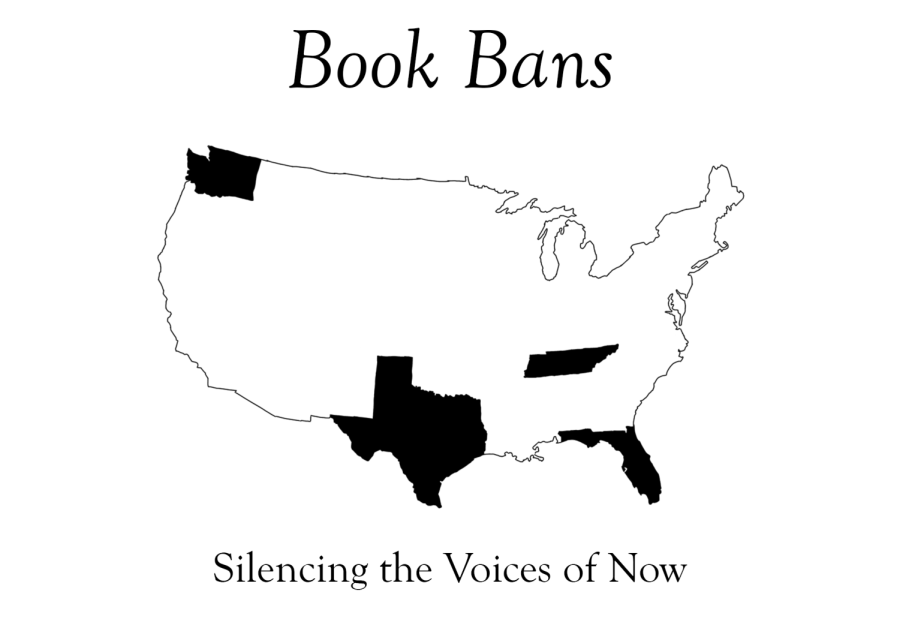
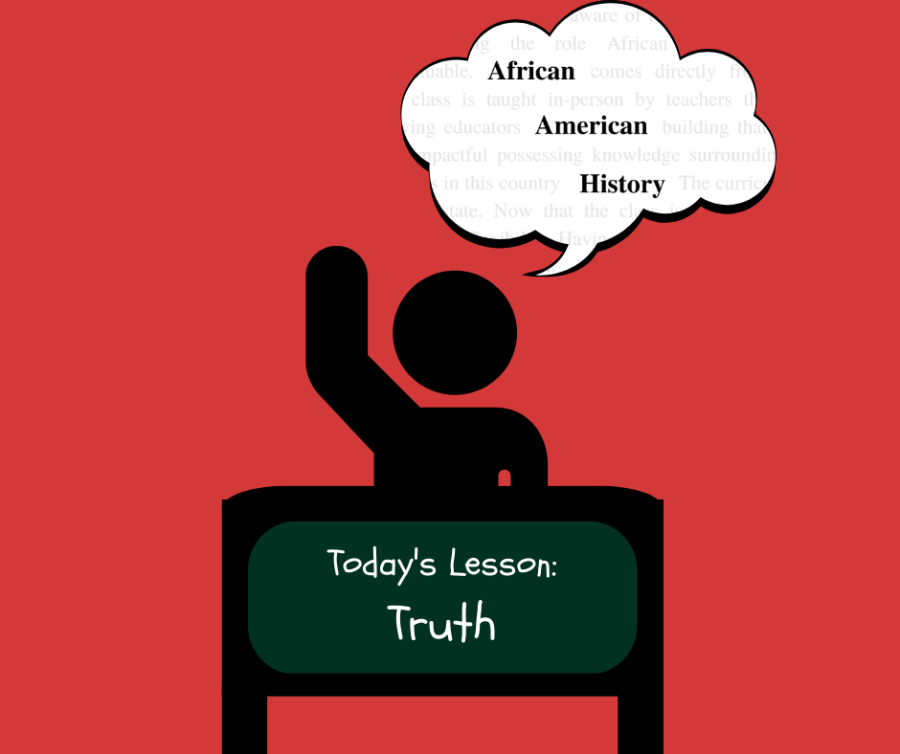
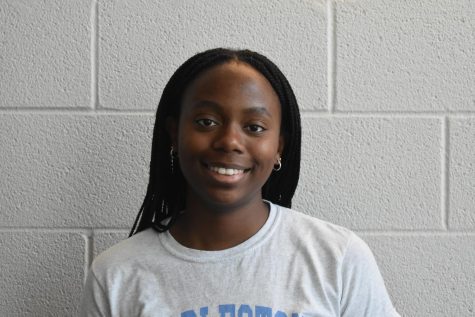




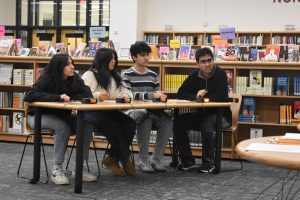


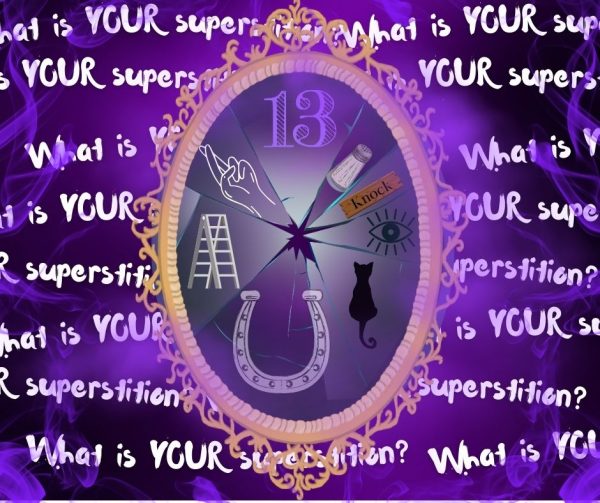




![Gracing stages, football games, and even the big screen, Taylor Swifts popularity doesn’t seem to be declining anytime soon as she’s been almost everywhere on social media, and just this December, [Swift] won TIME Magazine’s Person of the Year award. This brought along magnificent pictures of Swift, articles praising her, and some controversy between Swifites (Swifts most devoted fans), and other people on whether or not she should have won this award.](https://theblazerrhs.com/wp-content/uploads/2024/04/taylor-swift-person-of-the-year-1-547x600.png)

